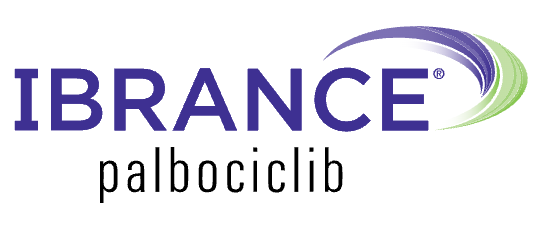Background Of Crizotinib
Crizotinib is a revolutionary approach to treating metastatic non-small cell lung cancer (NSCLC). It is a tyrosine kinase receptor inhibitor and is prescribed for ALK or ROS1-positive non-small cell lung cancer (NSCLC). By targeting the EML4-ALK fusion protein, crizotinib effectively treats NSCLC in patients with this genetic rearrangement.
As the first-in-class drug for ALK-positive tumors, crizotinib gained FDA approval in 2011. Subsequent generations of ALK inhibitors have addressed many of the resistance mechanisms associated with crizotinib. Its use requires FDA-approved tests to detect ALK and ROS1 rearrangements.
Mechanism of action
Crizotinib, a tyrosine kinase receptor inhibitor, targets several proteins including ALK, HGFR (c-MET), ROS1, and RON. ALK activation promotes cell proliferation and inhibits apoptosis, leading to oncogenic fusion proteins in ALK-positive NSCLC patients, mainly due to ALK-EML4 fusion. Crizotinib works by inhibiting ALK phosphorylation, reducing cell proliferation, and enhancing tumor survival. This mechanism makes it a vital treatment option for ALK-positive NSCLC.
Clinical Efficacy
Clinical studies have demonstrated the efficacy of crizotinib in the treatment of ALK-positive metastatic NSCLC. Research has shown that crizotinib is effective in patients who have progressed on or are intolerant to chemotherapy[2]. The PROFILE 1014 trial, for example, established crizotinib as the standard of care for patients with previously untreated advanced ALK-positive nonsquamous NSCLC The trial showed that crizotinib was superior to chemotherapy in terms of progression-free survival and overall response rate.
Pharmacokinetics
Crizotinib is an orally bioavailable drug that is well-absorbed and metabolized in the liver. It has demonstrated good blood-brain barrier penetration, which is important for the treatment of central nervous system (CNS) metastases, a common complication in ALK-positive NSCLC[4]. Understanding the pharmacokinetics of crizotinib is essential for optimizing its dosing and ensuring its effectiveness in patients.
Safety and Tolerability
Like any medication, crizotinib is associated with potential side effects. Common side effects include gastrointestinal symptoms, fatigue, and changes in laboratory parameters such as liver enzymes and electrolytes. Healthcare professionals closely monitor patients receiving crizotinib to manage and mitigate these potential side effects, ensuring the drug’s safety and tolerability.
The overall success rate of Crizotinib
Crizotinib has shown promising results across various clinical studies.
- Firstly, comparing first-line crizotinib treatment to chemotherapy revealed a 4-year survival probability of 56.6% versus 49.1%, respectively.
- Additionally, in a phase 2 study focusing on East Asian patients with ROS1-positive advanced NSCLC, crizotinib demonstrated a median overall survival of 44.2 months.
- Moreover, findings from the IFCT-1302 CLINALK study in France reported a median overall survival of 16.6 months from the first crizotinib dose, with notable 6- and 12-month survival rates.
- These collective results highlight crizotinib’s significant efficacy in improving overall survival and progression-free survival in ALK-positive NSCLC patients, evident in both clinical and real-world settings.
Future Perspectives
As precision oncology advances, ALK inhibitors like crizotinib are poised to play a broader role in treating metastatic NSCLC. Ongoing studies are exploring crizotinib’s optimization, including its potential in combination therapies and overcoming resistance to other ALK inhibitors. These developments offer hope for enhancing outcomes in patients with ALK-positive metastatic NSCLC.
In summary, crizotinib’s mechanism of action, clinical efficacy, pharmacokinetics, and safety are crucial factors in treating ALK-positive metastatic NSCLC. Understanding how crizotinib works empowers healthcare providers to make informed treatment decisions, while patients benefit from knowing more about their therapy. Continued research in this area suggests a growing significance of crizotinib and similar ALK inhibitors in managing metastatic NSCLC. To check availability of Crizotinib in India(the generic version), interested individuals can contact the Patient Support Team at (+91) 9315705373 or via email at help@sansfro.com.



